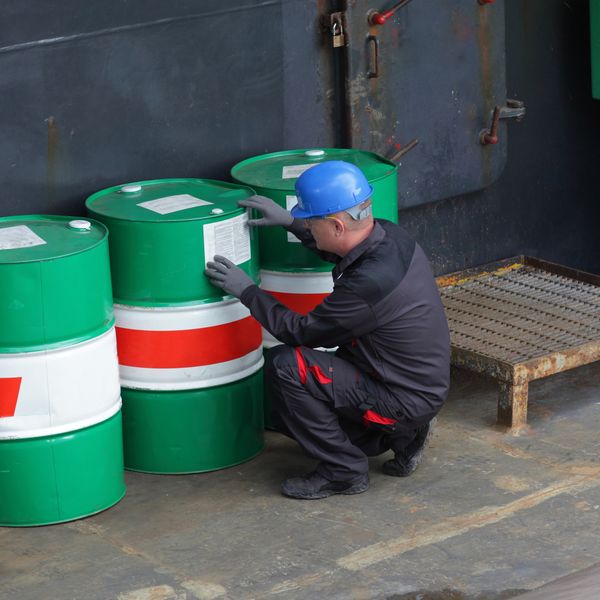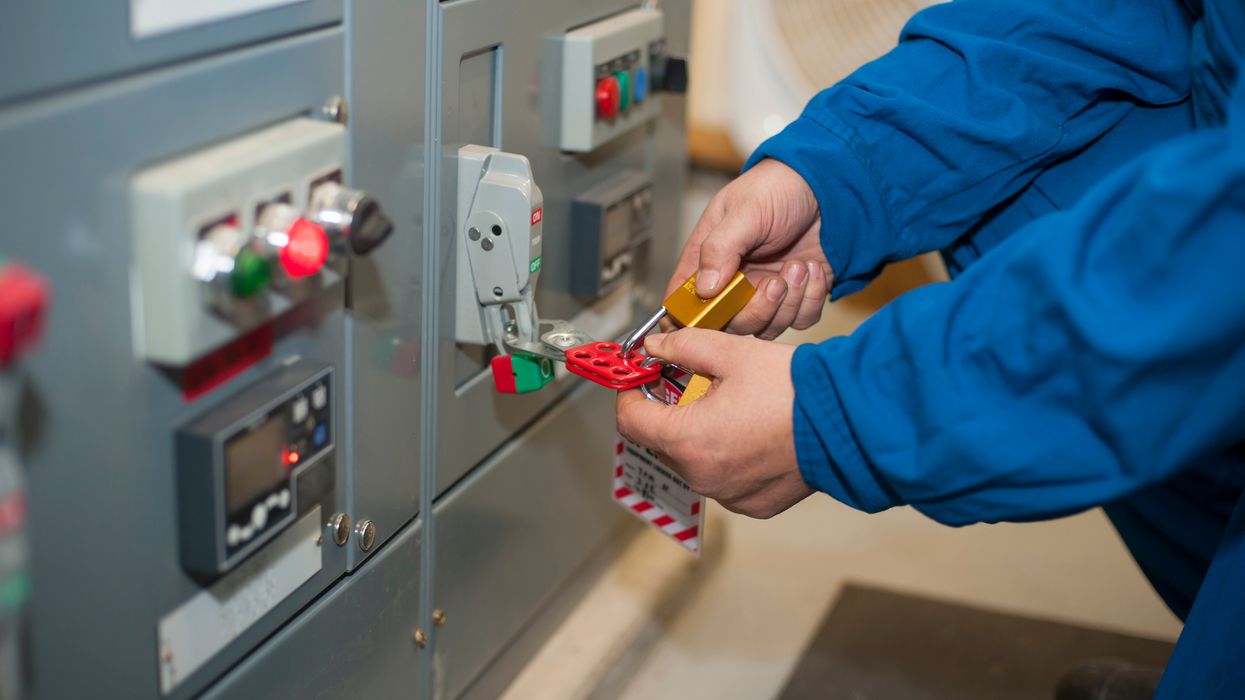EPA refocuses on self-reporting program with new FAQs
EPA recently updated FAQs to the Self-Audit Program to reaffirm its commitment to its auditing policies. The self-policing program provides incentives for voluntary discovery, disclosure, and timely corrections of environmental violations. These incentives include reduced or avoided penalties if you meet the conditions of the self-disclosure policy.
To qualify for the incentives, a facility must voluntarily report the self-discovered violation to EPA’s centralized web-based eDisclosure portal within 21 days of discovery.
Qualifying conditions
- Systematic discovery of the violation through an environmental audit or the implementation of a compliance management system.
- Discovery of the violation was not found as the result of a legally required monitoring, sampling, or auditing procedure.
- Prompt disclosure (21 days or less from discovery of the violation).
- Self-discovery and disclosure (before EPA or other regulator would likely have found the violation).
- Correction and remediation within 60 calendar days from the discovery of the violation.
- No repeat occurrences of the violation. (Repeat violations do not qualify for the incentives.)
Note that certain types of violations do not qualify for the Audit Program incentives, including those that result in serious actual harm, those that present an imminent danger, and those that violate the specific terms of a legal agreement.
Self-reporters are expected to cooperate with EPA in correcting the violation.
EPA's Audit Policies
EPA’s Audit Policy Program is made up of three self-disclosure policies:
- The general Audit Policy provides major incentives for facilities to find and fix environmental violations.
- The Small Business Compliance Policy applies to companies with 100 or fewer employees and incentivizes self-discovery of violations. It offers a more generous reduction in penalties than the general Audit Policy.
- The New Owner Audit Policy offers additional incentives to help new owners of a facility make a “clean start.” This policy applies to new owners up to nine months of acquiring the new business.
EPA says that since 2015, it has received more than 2,800 reports of self-discovered violations through the eDiscovery portal.
A few new FAQs
Here are a few of the new FAQs:
Q: Are regulated entities required to give EPA advance notice of their intent to undertake an audit?
A: No, regulated entities are not required to provide EPA with advance notice of their intent to undertake an audit.
Q: Are regulated entities required to complete their audit within a specific time frame and, if so, what time frame?
A: No, for existing owners, there is no specific time frame within which regulated entities must complete their audit as a condition of obtaining penalty mitigation. Where new owners and EPA enter into an audit agreement, however, they will need to agree to a time frame in which to complete an audit.
Q: Are regulated entities required to affirmatively admit that they have violated the law?
A: No, regulated entities can disclose that they “may have” violated the law.
Q: What happens when it is not possible to correct a violation?
A: The EPA recognizes that certain violations that involve parties, facilities, or wastes over which an entity no longer has control (e.g., the transport of hazardous waste without a RCRA manifest) may not in fact be correctable by the entity disclosing the violation. Similarly, an entity may not be able to correct a violation when the violation involved an activity that should have occurred within a certain time window which has closed (e.g., within a certain number of days after start-up, or before sale or rental of property). In such circumstances, EPA won’t necessarily keep the regulated entity from getting a penalty reduction as long as the entity can demonstrate that it has taken appropriate measures to avoid repeating the violation and has complied with any other steps necessary to make fixes.




















































